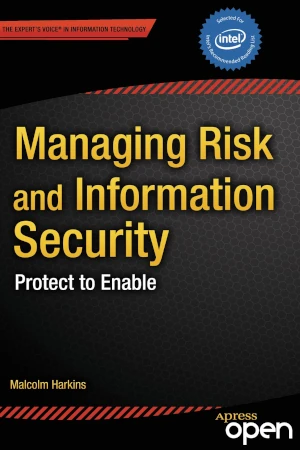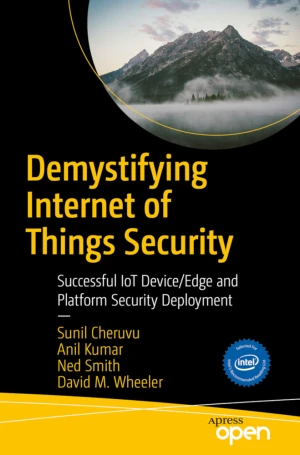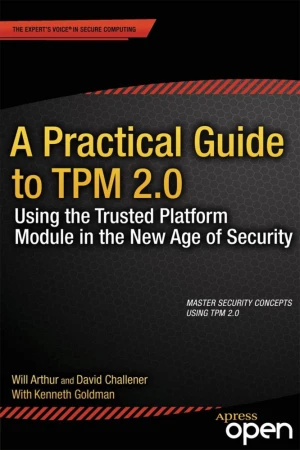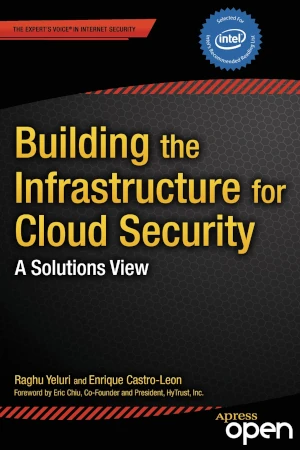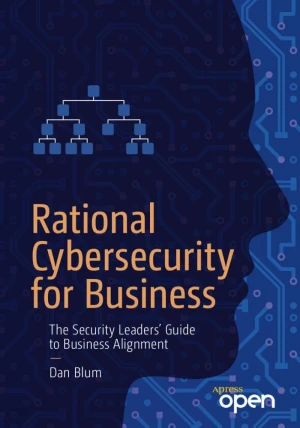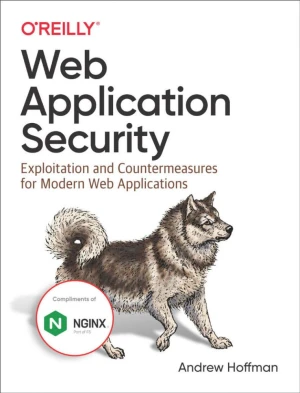Managing Risk and Information Security, 2nd Edition
Protect to Enable
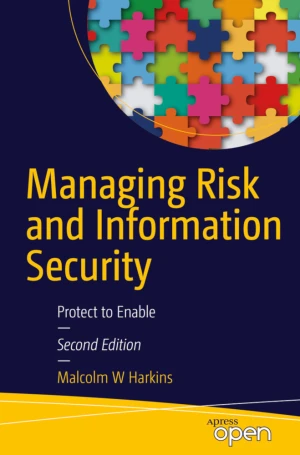
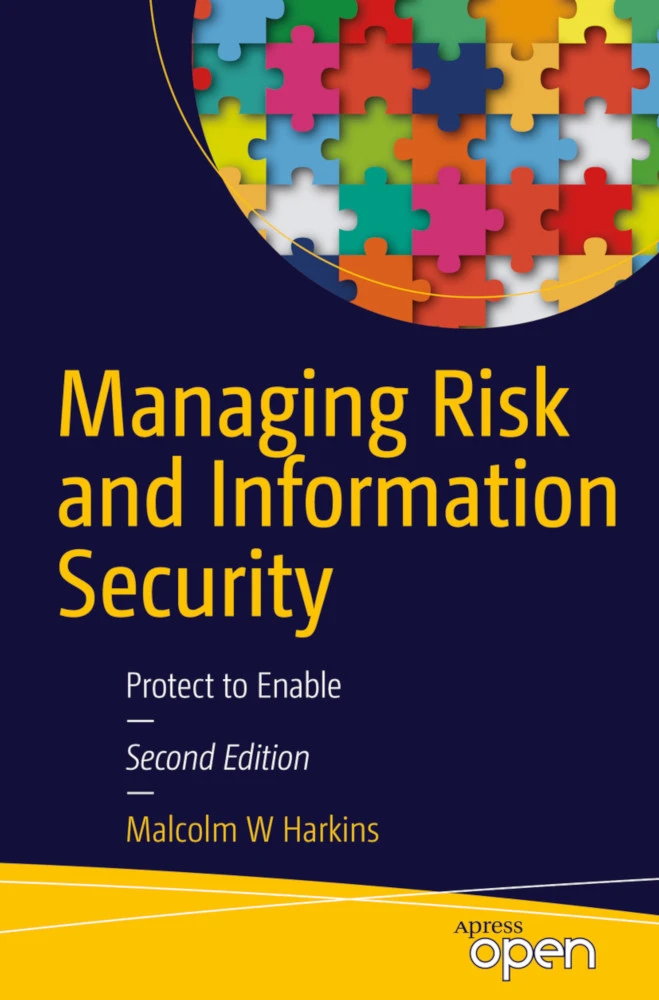
Book Details
| Author | Malcolm Harkins |
| Publisher | Apress |
| Published | 2016 |
| Edition | 2nd |
| Paperback | 186 pages |
| Language | English |
| ISBN-13 | 9781484214565, 9781484214558 |
| ISBN-10 | 1484214560, 1484214552 |
| License | Apress Open |
Book Description
Examine the evolving enterprise security landscape and discover how to manage and survive risk. While based primarily on the author's experience and insights at major companies where he has served as CISO and CSPO, the book also includes many examples from other well-known companies and provides guidance for a management-level audience.
Managing Risk and Information Security provides thought leadership in the increasingly important area of enterprise information risk and security. It describes the changing risk environment and why a fresh approach to information security is needed. Because almost every aspect of an enterprise is now dependent on technology not only for internal operations but increasing as a part of product or service creation, the focus of IT security must shift from locking down assets to enabling the business while managing and surviving risk.
This edition discusses business risk from a broader perspective, including privacy and regulatory considerations. It describes the increasing number of threats and vulnerabilities and offers strategies for developing solutions. These include discussions of how enterprises can take advantage of new and emerging technologies - such as social media and the huge proliferation of Internet-enabled devices - while minimizing risk.
What You'll Learn: Review how people perceive risk and the effects it has on information security; See why different perceptions of risk within an organization matters; Understand and reconcile these differing risk views; Gain insights into how to safely enable the use of new technologies.
If you enjoyed the book and would like to support the author, you can purchase a printed copy (hardcover or paperback) from official retailers.
Download and Read Links
Share this Book
[localhost]# find . -name "*Similar_Books*"
Managing Risk and Information Security
Managing Risk and Information Security: Protect to Enable, describes the changing risk environment and why a fresh approach to information security is needed. Because almost every aspect of an enterprise is now dependent on technology, the focus of IT security must shift from locking down assets to enabling the business while managing and surviving
Demystifying Internet of Things Security
Break down the misconceptions of the Internet of Things by examining the different security building blocks available in Intel Architecture (IA) based IoT platforms. This book reviews the threat pyramid, secure boot, chain of trust, and the SW stack leading up to defense-in-depth. The IoT presents unique challenges in implementing security and Inte
A Practical Guide to TPM 2.0
A Practical Guide to TPM 2.0: Using the Trusted Platform Module in the New Age of Security is a straight-forward primer for developers. It shows security and TPM concepts, demonstrating their use in real applications that the reader can try out. Simply put, this book is designed to empower and excite the programming community to go out and do cool
Building the Infrastructure for Cloud Security
For cloud users and providers alike, security is an everyday concern, yet there are very few books covering cloud security as a main subject. This book will help address this information gap from an Information Technology solution and usage-centric view of cloud infrastructure security. The book highlights the fundamental technology components nece
Rational Cybersecurity for Business
Use the guidance in this comprehensive field guide to gain the support of your top executives for aligning a rational cybersecurity plan with your business. You will learn how to improve working relationships with stakeholders in complex digital businesses, IT, and development environments. You will know how to prioritize your security program, and
Web Application Security
While many resources for network and IT security are available, detailed knowledge regarding modern web application security has been lacking - until now. This practical guide provides both offensive and defensive security concepts that software engineers can easily learn and apply. Andrew Hoffman, a senior security engineer at Salesforce, introduc

